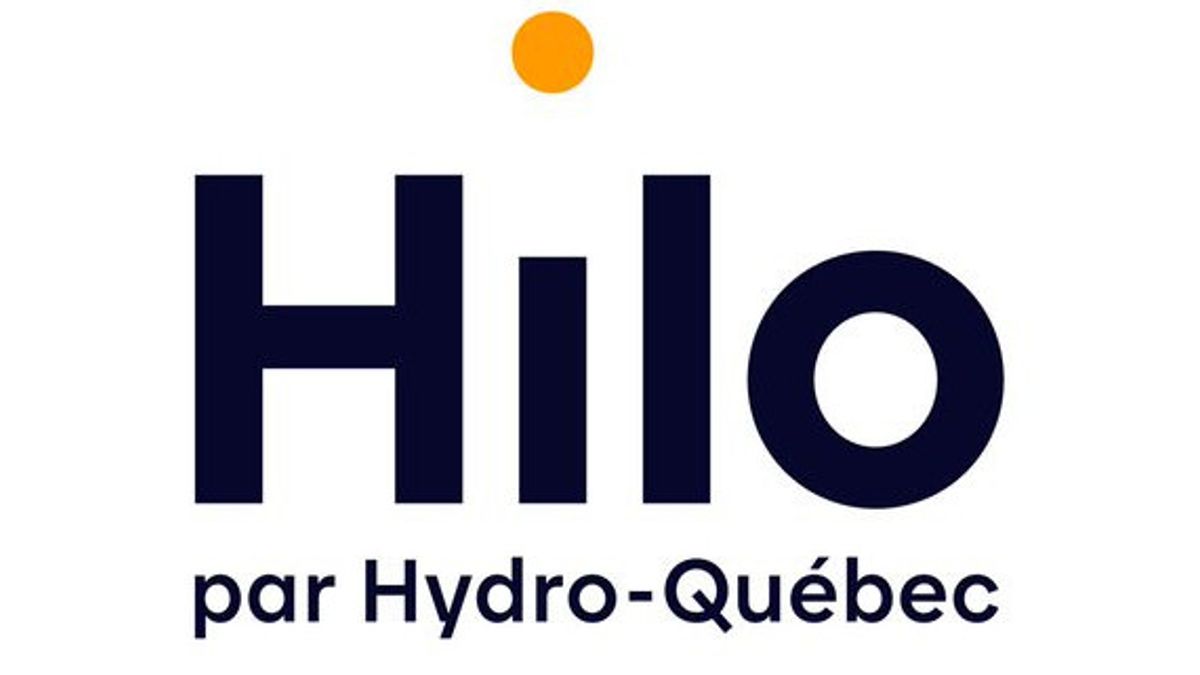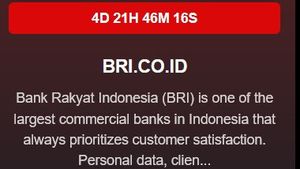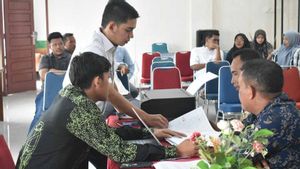JAKARTA - Hydro-Quiebec, a company that manages electricity across the province of Quebec, Canada, plans to reallocate energy supplied to crypto mining companies.
According to a tweet from Canadian lawmaker Pierre Fitzgibbon, on November 3, it stated that the government would ask for a decision from the energy council to free the company from its obligation to power crypto miners in the province.
Hydro-Queebec has so far allocated 270 megawatts for mining companies, but electricity demand in Quebec is expected to grow to a powering point on cryptocurrencies that will put pressure on energy suppliers.
The report submitted by Hydro-Queebec to the Koda energy board on November 1 said the temporary power reduction given to mining companies could help prevent threats to "reliability and security" of energy for Quebec residents. Distributors report also taking into account electricity demand from green hydrogen, cryptocurrencies, and greenhouse agriculture.
The need for additional energy in winter is high, and this, without additional loads associated with the block balance provided for the use of cryptography applied to blockchain, says Hydro-Queebec, quoted by Cointelegraph. There is an anticipation of nearly 3 energy purchases [terawatt-hours] in winter starting in 2025 and even exceeding 3 TWh in 2027.
As part of the energy manager's plan for 2023 to 2032, crypto companies are expected to grow by 0.7 TWh, achieving maximum power demand by 2028.
Crypto miners at Quebec have been the subject of additional tariffs since March 2021, and have also given provinces the option to scale their operations to reduce the burden on power grids.
Energy consumption is one of many factors that weighed on crypto mining companies as they set up their stores, which have contributed to more than one US state in considering tax breaks for the company.
According to the Ontario Securities Commission, cryptocurrency adoption appears to be also growing across Canada. "In October more than 30% of Canadians plan to buy crypto assets next year," said OSC CEO Grant Vingoe.
The English, Chinese, Japanese, Arabic, and French versions are automatically generated by the AI. So there may still be inaccuracies in translating, please always see Indonesian as our main language. (system supported by DigitalSiber.id)













